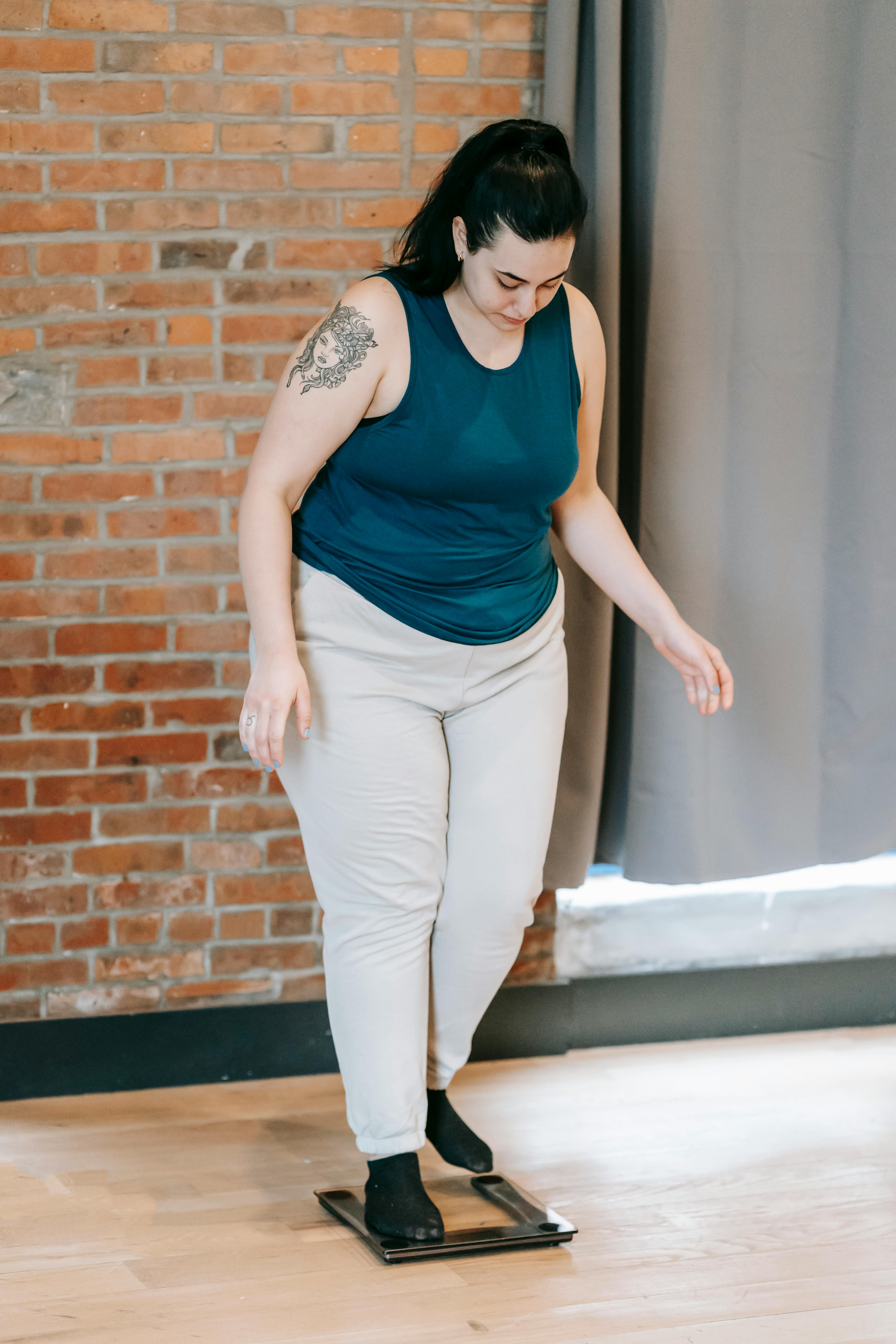Effective Full-Body Training Plan: Achieve Your Fitness Goals in 2025
Embarking on a fitness journey requires a structured approach that encompasses a comprehensive training plan. The right trainingsplan can help you maximize results by focusing on ganzkörpertraining methods that engage multiple muscle groups for a balanced workout. In 2025, achieving your fitness goals means adapting to innovative strategies that combine krafttraining with optimal ernährungsplan choices.
This article explores an effective full-body training plan designed to facilitate hypertrophie, enhance sportliche leistungsfähigkeit, and promote overall well-being. We will delve into various training methods, share motivational tips, and provide an actionable weekly plan tailored to different skill levels. By the end, you’ll have a complete roadmap to better health, improved performance, and personal success.
With this roadmap in mind, let’s dive into the essential components of a successful full-body training plan.

Essential Elements of an Effective Full-Body Training Plan
Understanding Full-Body Training
Full-body training integrates multiple exercises that target all major muscle groups within a single workout session. This method is particularly beneficial for beginners and those with limited time, allowing them to maximize trainingsintensität while achieving impressive trainingseffektivität. Unlike split routines that focus on specific muscle groups, a full-body approach enables consistency and sustained energy levels, ideal for achieving fitnessziele.
Core Components of the Training Plan
To create an effective ganzkörpertraining plan, consider incorporating the following elements:
- Krafttraining: Employ compound exercises that work several muscle groups simultaneously, like squats, deadlifts, and bench presses.
- Cardio Training: Integrate cardiovascular exercises to enhance endurance and promote fat loss. Options may include HIIT, cycling, or running.
- Flexibility and Mobility: Incorporate stretching and mobility drills to improve overall body function and reduce injury risks.
Customization Based on Individual Goals
Recognizing your personal fitness ambitions is crucial. With the help of a personal trainer, you can tailor your fitness plan to address specific needs such as muscle gain, fat loss, or increased endurance. Tracking progress through consistent assessments not only keeps you accountable but also allows you to adjust accordingly if particular routes do not yield desired results.
Integrating Nutrition into Your Training
To complement your physical training, prioritize a balanced ernährungsplan. Emphasize protein intake for muscle recovery, healthy fats for sustained energy, and complex carbohydrates for optimal performance. Proper nutrition acts as a catalyst for enhancing körperliche aktivitäten.
Staying Motivated Throughout Your Journey
Maintaining motivation through your fitness journey can be challenging. Establishing achievable milestones, celebrating small wins, and engaging in group workouts can significantly uplift your enthusiasm. Additionally, incorporating fitness gadgets can help track progress and motivate you to push past plateaus.

Creating Your Weekly Training Routine
Structured Training Sessions
A well-structured weekly training plan should blend different workout types throughout the week. This may include:
- Monday: Full-body strength training focusing on compound lifts.
- Wednesday: HIIT cardiovascular workout for endurance.
- Friday: Flexibility and core stability exercises.
Progressive Overload Principles
For sustained improvements in strength and hypertrophy, adhering to the principle of progressive overload is essential. Gradually increase the weights used, the number of repetitions, or the intensity of your exercises to continuously challenge your muscles. Variating your routine not only combats boredom but significantly impacts your trainingsfortschritt.
Adjusting Difficulty Levels
Your wöchentlicher trainingsplan should adapt to your evolving abilities. Incorporating different trainingsmethoden will make your routine more engaging while allowing room for growth. For beginners, focusing on form and technique is vital before increasing weights or repetitions.
Importance of Regeneration Time
Incorporating adequate rest days in your training regimen is crucial. During recovery, your body repairs and strengthens muscles. The regenerationszeit is as critical as the workouts themselves in achieving your fitness objectives.
Monitoring Your Progress
Utilize tools for trainingsmonitoring to keep track of your workouts, nutrition, and overall fitness journey. Apps and training journals are invaluable for documenting results and identifying areas for improvement, ensuring your training remains effective.
Exploring Advanced Training Techniques
Incorporating Functional Training
Functional training enhances your body’s ability to perform daily activities, which is essential for longevity and quality of life. This technique integrates movements that mimic everyday actions, improving your overall practical fitness without the need for weights.
Cardio Variations to Boost Endurance
Integrating different forms of cardio, such as rowing, cycling, or outdoor runs, can enhance your körperliche durchhaltevermögen while keeping your workouts fresh and exciting. Exploring various cardio workouts can diminish feelings of monotony.
Mastering Muscle Definition Techniques
To achieve visible muscle definition, refining your kraftausdauer through high-repetition strength workouts combined with cardio bursts is effective. This synergistic approach not only helps in muscle sculpting but also boosts fat loss.
Adapting Your Routine with Seasonal Changes
Adapting your fitnessstudio workouts with seasonal changes, including outdoor fitness activities in warmer months and indoor workouts during winter, allows for consistent engagement while enhancing sports performance.
Collaborating with a Personal Trainer
Consider the advantages of working with a personal trainer for personalized guidance and motivation. They can provide customized insights into your training regime, nutrition, and recovery to ensure effective results.
Common Questions and Best Practices
What Are the Benefits of Full-Body Workouts?
Full-body workouts have numerous benefits, including increased muscle engagement, improved cardiovascular health, and enhanced calorie burn, making them efficient for various fitness goals.
How can I tailor my Training Plan?
Adapt your training plan based on your progress. Focus on specific goals and consult with fitness professionals to ensure your methods align with your personal needs and health objectives.
What Should I Eat Before and After Workouts?
Consume carbohydrates for energy pre-workout and protein for muscle repair post-workout. Timing and nutrient quality matter in maximizing exercise effectiveness.
How Do I Avoid Plateaus in My Training?
Introduce new exercises, modify your current routine’s intensity, and ensure variations in workouts to keep your training effective and engage your muscles continuously.
When Should I Seek Help from a Trainer?
If you experience pain, frustration, or feel lost in your training, consider finding a personal trainer for expert guidance and objective assessments to enhance your fitness experience.
With a clear outline of the effective full-body training plan, coupled with nutritional insights, you are well on your way to achieving your 2025 fitness objectives. Stay motivated, keep adapting, and most importantly, enjoy your journey towards improved health and well-being!
